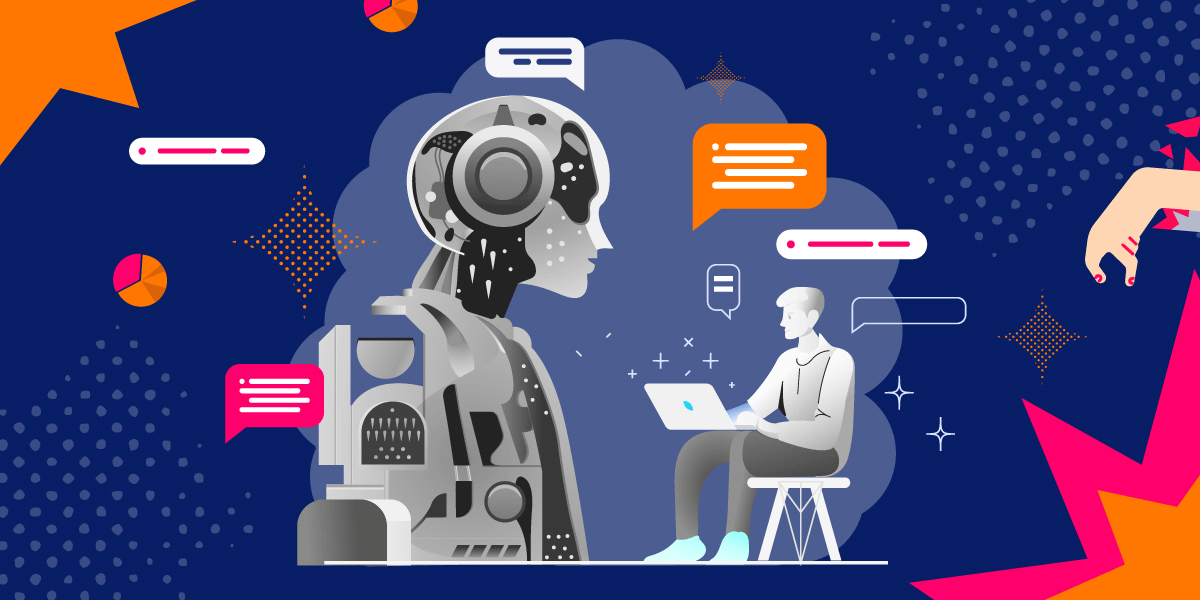In today’s fast-paced business landscape, the integration of artificial intelligence (AI) is not just a trend; its becoming a vital necessity. Companies are increasingly turning to AI to streamline operations and enhance productivity, especially when it comes to automating routine tasks that can bog down their workforce.
Imagine freeing employees from the monotony of data entry, scheduling, and invoicing, thus allowing them to focus on what truly matters—their creativity and problem-solving skills. From chatbots that handle customer inquiries to intelligent systems that manage inventory, AI is revolutionizing how businesses operate.
This article explores the three pivotal roles AI plays in automating routine business functions, shedding light on the transformative impact it has on efficiency and innovation. As we delve into these roles, youll discover how businesses can leverage AI not only to save time and resources but also to foster a more engaged and dynamic workplace.
Enhancing Efficiency through Automation

In today’s fast-paced business environment, harnessing automation is no longer a luxury but a necessity. Imagine a landscape where mundane tasks—data entry, appointment scheduling, and inventory management—are seamlessly handled by intelligent software, freeing employees to concentrate on strategic initiatives.
This shift not only accelerates processes but also reduces human error, delivering a dual benefit of time savings and enhanced accuracy. As AI systems learn and adapt, they can optimize workflows, predict bottlenecks, and streamline operations in real-time.
For instance, consider a company that automates its customer service with chatbots; these AI-driven solutions can handle a multitude of inquiries simultaneously, allowing human agents to tackle more complex issues. The result? A more efficient, responsive organization poised for growth in an ever-evolving marketplace.
Incorporating advanced tools like AI image generators can also significantly enhance workflow efficiency. For example, a free AI image generator enables businesses to create high-quality visuals directly from text inputs. This not only speeds up the design process but also eliminates the need for specialized graphic design skills, empowering teams to focus on core tasks without compromising creativity. By integrating such tools, businesses can streamline operations further, reduce turnaround times, and maintain a visually dynamic presence in competitive markets.
Reducing Human Errors in Routine Tasks

Reducing human errors in routine tasks is one of the most compelling advantages of integrating Artificial Intelligence into business operations. Humans, despite their best efforts, are prone to slip-ups—think of transposing numbers in a financial report or overlooking critical deadlines in a busy schedule.
These small missteps can snowball into substantial consequences that affect productivity and decision-making. AI, with its ability to analyze vast datasets with precision and consistency, steps in to mitigate these risks.
It not only automates repetitive tasks but also flags anomalies that a human eye might miss, enhancing accuracy while freeing employees to focus on more strategic endeavors. Imagine a world where your invoicing software intelligently cross-checks for errors and discrepancies before a bill is sent out, eliminating the need for tedious double-checking.
By handling routine duties with an unwavering attention to detail, AI serves as a reliable partner, empowering teams to operate more efficiently and with greater confidence.
Freeing Up Human Resources for Strategic Initiatives

In the fast-paced realm of business, the relentless barrage of routine tasks can stifle creativity and drain valuable human resources. By harnessing the power of AI to automate these mundane operations, organizations can liberate their workforce from repetitive duties, allowing them to channel their energies into strategic initiatives that drive growth and innovation.
Imagine a world where employees can shift from data entry and scheduling to brainstorming groundbreaking ideas and forging new business partnerships. This transition is not merely about efficiency; its a profound transformation that empowers teams to reclaim their time and embark on high-impact projects.
As AI seamlessly integrates into daily operations, the true potential of human intellect can flourish, paving the way for a more dynamic, agile, and forward-thinking organization.
Conclusion
In conclusion, the integration of AI in automating routine business tasks is revolutionizing the way companies operate, enhancing efficiency, and allowing employees to focus on higher-value activities. By streamlining operations, reducing human error, and saving time, AI solutions empower organizations to allocate resources more effectively and improve overall productivity.
The advent of autonomous AI agents further amplifies this transformative impact, as these advanced systems can proactively perform tasks without constant oversight, leading to even greater operational efficacy. As businesses continue to embrace AI technologies, the potential for innovation and growth will undoubtedly rise, marking a pivotal shift in the future of work.
 Alternative News
Alternative News




